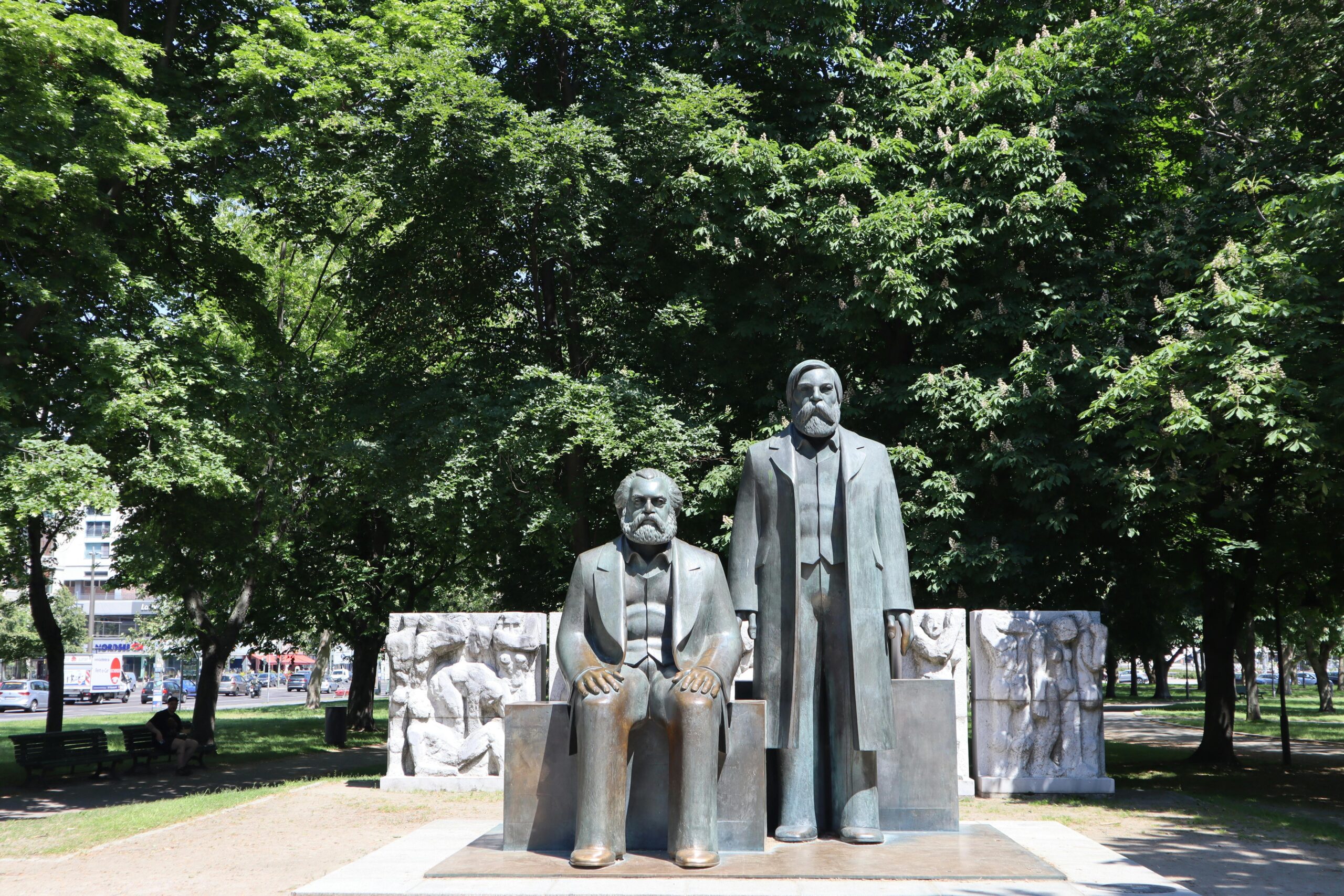In a world where knowledge and creativity thrive, the concept of intellectual property (IP) has been a subject of much debate. “Against Intellectual Property” is a thought-provoking book that challenges the conventional wisdom surrounding IP laws and their impact on innovation, creativity, and society as a whole. Authored by renowned economist Stephan Kinsella, the book offers a compelling critique of IP and presents alternative viewpoints. In this blog post, we delve into the top 10 lessons from “Against Intellectual Property,” exploring Kinsella’s arguments and insights.
“The idea that there should be intellectual property rights, just like there are rights in physical property, is a mistake, an error, a confusion, a conflation, a category mistake.”
Lesson 1
The Illusion of Scarcity in Intellectual Property The concept of scarcity, essential in economics, does not hold true for intellectual property. Unlike physical goods, ideas and information can be shared and used by multiple individuals simultaneously without diminishing their value. Kinsella argues that attempting to enforce scarcity through IP laws is fundamentally flawed and stifles progress.
Lesson 2
The Myth of Intellectual Property as Property While the term “intellectual property” suggests a parallel with tangible property, Kinsella asserts that this comparison is misleading. Intellectual property lacks the characteristics of traditional property, such as rivalrousness and exclusivity. Treating ideas as property restricts freedom of expression and impedes innovation.
Lesson 3
The Ineffectiveness of Intellectual Property in Encouraging Innovation Contrary to popular belief, IP laws do not necessarily foster innovation. Kinsella argues that the competitive nature of markets, combined with the diffusion of knowledge and ideas, is a more powerful driver of innovation than artificial monopolies created by IP protections. By removing IP barriers, society can foster a more vibrant and collaborative creative ecosystem.
Lesson 4
Intellectual Property as a Hindrance to Learning and Progress IP laws impose restrictions on the free flow of information, inhibiting learning and progress. Kinsella highlights how sharing and building upon existing ideas and knowledge is crucial for human development. By embracing open access and collaboration, we can accelerate technological advancements and societal progress.
Lesson 5
The Dangers of Intellectual Property in the Digital Age In the digital era, enforcing intellectual property rights becomes increasingly difficult and often leads to unintended consequences. Kinsella argues that attempting to control the flow of information in the digital realm through restrictive IP laws is both impractical and counterproductive. He suggests exploring alternative models, such as open-source software, which harness the power of collaboration and collective intelligence.
Lesson 6
Intellectual Property as a Barrier to Medicine and Healthcare The pharmaceutical industry is heavily influenced by IP laws, resulting in high drug prices and limited access to life-saving treatments. Kinsella highlights how the monopolistic nature of patents hinders innovation in healthcare and restricts affordable options for patients. He advocates for reforms that prioritize patient welfare over profit-driven monopolies.
Lesson 7
The Negative Impacts of Intellectual Property on Culture and Creativity IP laws have the potential to stifle creativity and limit cultural expression. Kinsella argues that by granting exclusive rights to certain individuals or corporations, we risk impeding the development of art, music, literature, and other cultural domains. He advocates for a more inclusive and accessible cultural landscape that encourages derivative works and fosters artistic growth.
Lesson 8
Intellectual Property and the Distortion of Free Trade IP protections often disrupt the principles of free trade by creating barriers and limiting competition. Kinsella contends that such restrictions benefit established players at the expense of smaller innovators and consumers. Removing IP barriers can lead to a more dynamic and competitive marketplace, driving economic growth and consumer welfare.
Lesson 9
The Ethical Implications of Intellectual Property Kinsella raises ethical concerns associated with IP laws, arguing that they violate individuals’ freedom of expression and interfere with the natural right to use and share knowledge. He proposes a moral framework that prioritizes individual liberty and voluntary cooperation, rather than restrictive IP regulations.
Lesson 10
The Potential for Post-IP Societies In the final lesson, Kinsella explores the concept of post-IP societies, where traditional IP laws are replaced by alternative models. He presents examples of existing systems, such as open-source software and creative commons licensing, which demonstrate the viability and benefits of collaborative frameworks. Embracing post-IP societies can foster innovation, creativity, and societal progress.
Conclusion
“Against Intellectual Property” challenges the prevailing notions surrounding IP laws and presents a compelling case for their abolition or significant reform. Stephan Kinsella’s insights invite us to question the assumptions underlying intellectual property, its impact on innovation, and its compatibility with a free and open society. By embracing alternative models that prioritize collaboration, access, and freedom, we can pave the way for a more vibrant, creative, and inclusive future.




